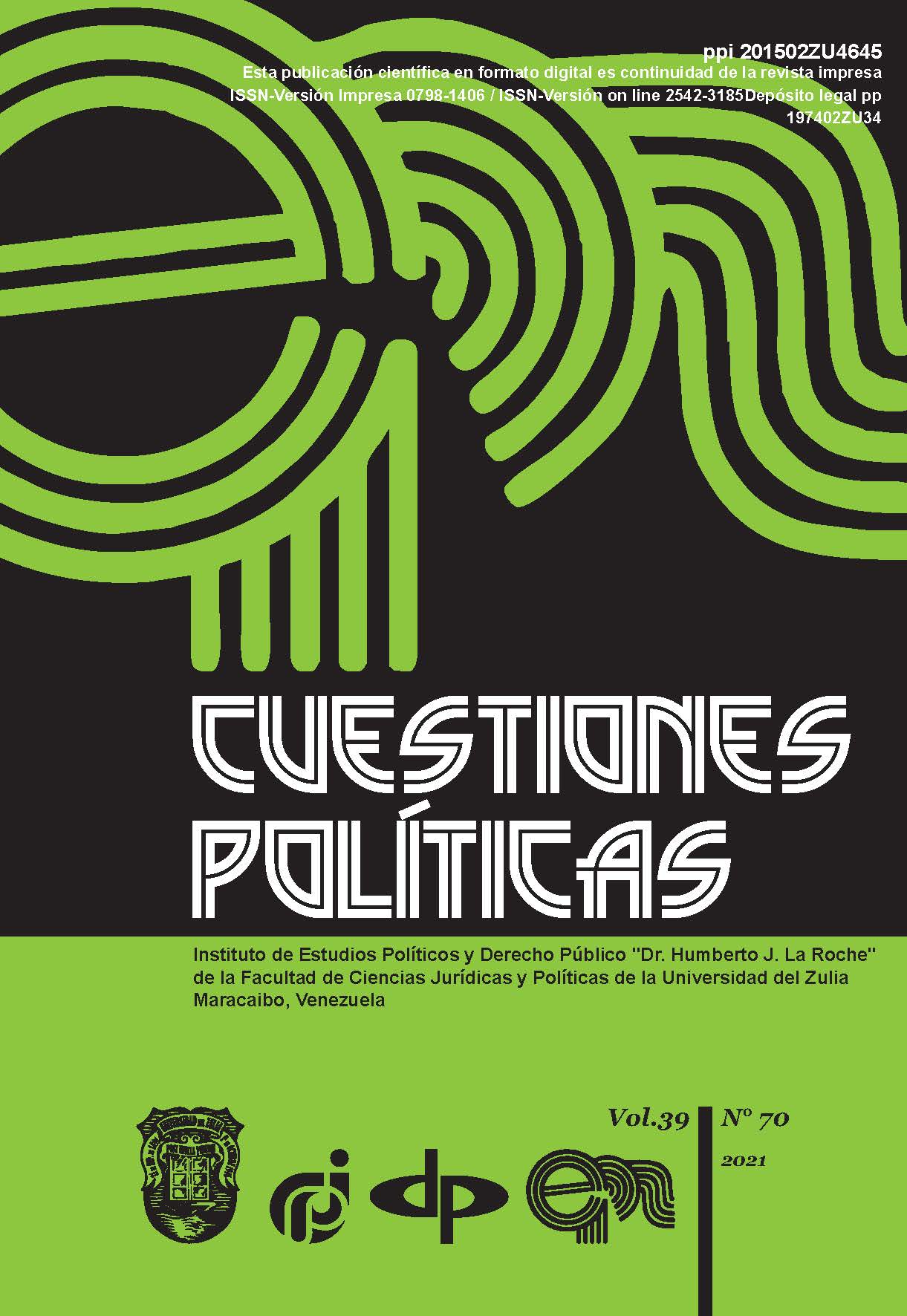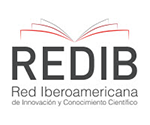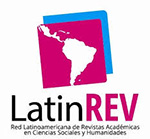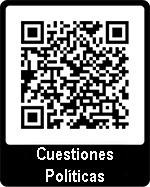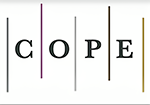Biopower and citizenship in Latin America. A reading from Foucault
Abstract
In this article, an analysis of Foucault’s discourse is carried out to understand the formalization of certain devices that have founded a grammar of domination, expressed in the relationships between power over bodies (Biopower) and the exercise of citizenship. Although the purpose is eminently theoretical, it is intended to achieve a factual approach to the Latin American case, in the understanding that the democracies of the region are beloved daughters of modernity and, in addition, of government schemes that privilege the figure of the citizen as a political actor and historical subject. Methodologically, a critical-hermeneutical analysis is carried out, from which it is a matter of making domination strategies visible and interpreting in Foucault’s theory, the discursive establishment of a new societal order, based on the narrative that relates power and citizenship. Study allows us to conclude that Foucaultian theoretical categories reveal power as a set of relations, always in tension, that, in times of change, there is always room to build new rules and regimes of existence.
Downloads
References
BOTTICELLI, Sebastian. 2015. “La gubernamentalidad del estado en Foucault: un problema moderno” En: Revista Praxis filosófica Nueva serie. No. 42, pp. 83-106.
BURBANO, Felipe. 2017. “Ciudadanía, dominación estatal y protesta en la “revolución ciudadana” en Ecuador (2007-2016)” En: Revista Iberoamericana. No. 17, pp. 179-200. Disponible en líena. En: https:// doi.org/10.18441/ibam.17.2017.65.179-200. Fecha de consulta: 14/06/2021.
CASTRO, Santiago. 2010. “Siglo XVIII: el nacimiento de la biopolítica” En: Tabula Rasa, Revista de Humanidades. No. 12, pp. 31-45. Disponible en línea. En: https://www.redalyc.org/pdf/396/39617422003.pdf. Fecha de consulta: 12/03/2020.
FOUCAULT, Michel. 1980. Microfísica del poder. Las Ediciones de La Piqueta. Madrid, España.
FOUCAULT, Michel. 1996. Tecnologías del yo. Paidós. Barcelona, España. FOUCAULT, Michel. 2002. Arqueología del Saber. Siglo XXI editores Argentina. Buenos Aires, Argentina.
GIRALDO, Gloria. 2015. Ciudadanía: aprendizaje de una forma de vida. En Educación y Educadores. En 10.5294/edu.2015.18.1.5. Fecha de consulta: 10/03/2020.
HERNÁNDEZ GAMBOA, Rodrigo. 2014. “La ciudadanía como forma de biopoder dentro del concepto de Michel Foucault” En: Entelequia: Revista interdisciplinar. No. 17, pp. 91-115. Disponible en línea. En: https://www.academia.edu/26606492. Fecha de consulta: 12/03/2020.
NAVIA, Cecilia. 2007. “El análisis del discurso de Foucault” En: Revista INED. No. 6, pp. 57-62.
ORTIZ, William. 2009. “La ciudadanía: espacios de construcción del concepto” En: Revista Jurid. Vol. 6, No. 1, pp. 33-51.
VIRNO, Paolo. 2003. Gramática de la multitud. Para un análisis de las formas de vida contemporáneas. Traficantes de sueños. Madrid, España.
VÁSQUEZ, Liliana. 2013. “La noción de biopoder en Foucault y su relación con las antropotécnicas en la obra del último Sloterdijk” En: Eikasia: revista de filosofía. No. 53, pp. 59-74. Disponible en línea. En: https://www. revistadefilosofia.org/53-04.pdf. Fecha de consulta: 19/06/2020.
Copyright
The authors who publish in this journal agree to the following terms:
The authors retain the copyright and guarantee the journal the right to be the first publication where the article is presented, which is published under a Creative Commons Attribution License, which allows others to share the work prior to the recognition of the authorship of the article work and initial publication in this journal.
Authors may separately establish additional agreements for the non-exclusive distribution of the version of the work published in the journal (for example, placing it in an institutional repository or publishing it in a book), with an acknowledgment of its initial publication in this journal.
This work is under license:
Creative Commons Reconocimiento-NoComercial-CompartirIgual 4.0 Internacional (CC BY-NC-SA 4.0)


